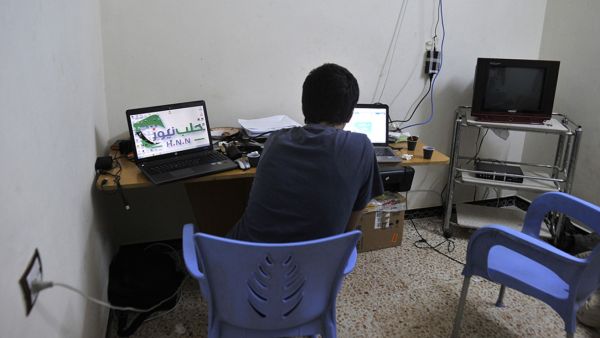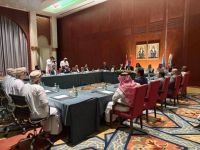Syria: When al-Assad regime shuts off Internet, state violence spikes
By analyzing the daily documented killings by the government in the Syrian civil war in conjunction with available data on country-wide Internet outages between March 2011 and September 2013, Gohdes found that state violence spiked just before and during periods where connectivity was shut down. She argues that the regime has used the shutdowns as a tactical advantage in the midst of conflict with opposition groups, breaking down opposition communications networks to weaken their ability to respond effectively to attacks.
Source: Informed Comment
After Ramadi, militias in the lead
The fall of Ramadi on May 17 has had two key repercussions, neither of which will be reversed by simply retaking lost ground. First, it weakened Prime Minister Haider al-Abadi vis-a-vis his political rivals, in particular former Prime Minister Nouri al-Maliki and the pro-Iran militias allied with him. Second, it heightened the sectarian nature of the conflict by giving these militias a mandate to retake Anbar. Whereas the fight for Ramadi since January 2014 has been a largely non-sectarian affair—with army and police units made up of both Shia and Sunni personnel fighting against Sunni jihadis—Shia militias backed by Iran have since moved to the fore.
Source: Sada
Major US church backs divestment from Israeli occupation
The United Church of Christ voted by an overwhelming margin Tuesday to divest from companies complicit in the Israeli occupation. The resolution, which passed by a 508 to 124 vote, also calls for a boycott of settlement products, congressional accountability regarding U.S. foreign military aid to Israel, and ongoing commitment to interfaith dialogue.
Source: +972Mag







